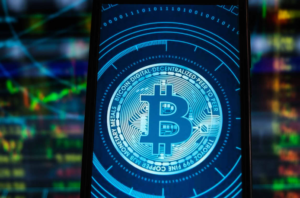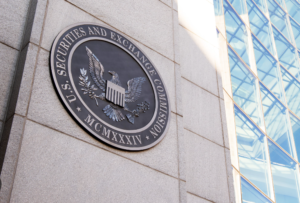$SPY $DXY $META
#Economy #USGrowth #Inflation #FederalReserve #StockMarket #InterestRates #Recession #Meta #TechStocks #Geopolitics #OilPrices #Investing
Economists are predicting a slowdown in US economic growth, coupled with rising inflationary pressures, sparking concerns among investors and policymakers alike. Amid persistent inflation, the Federal Reserve faces a tough balancing act between sustaining economic momentum and controlling price increases. The latest economic indicators show a deceleration in consumer spending and business investment, suggesting that higher interest rates are beginning to take a toll on economic activity. The Federal Reserve’s aggressive rate hikes in 2022 and 2023 helped ease inflation from its peak levels, but new price pressures are emerging, driven by supply chain constraints and persistent wage growth. With the labor market remaining relatively tight, wage-driven inflation could force the Fed to keep interest rates higher for longer, which in turn could weigh on corporate profits and economic expansion.
Meanwhile, financial markets are reacting to the potential for prolonged inflation and slower growth. The S&P 500 ($SPY) has seen increased volatility as investors adjust their expectations regarding future interest rate cuts. Bond yields have also remained elevated, reflecting concerns that the Federal Reserve may delay rate reductions beyond what was previously anticipated. The strength of the US dollar index ($DXY) suggests that markets are bracing for tighter financial conditions in the near future. Additionally, higher borrowing costs are pressuring sectors that rely heavily on credit, such as real estate and consumer discretionary industries. Investors are now closely watching upcoming economic data releases, particularly inflation reports and labor market conditions, to gauge the Federal Reserve’s next steps.
On the geopolitical front, the US military campaign against the Houthis in the Red Sea is creating additional economic uncertainty. Disruptions to global trade routes have contributed to elevated oil prices, adding another source of inflationary pressure. Rising transportation costs could feed into broader price increases, further complicating the Federal Reserve’s efforts to control inflation. Higher energy prices typically impact corporate operating expenses and consumer purchasing power, creating ripple effects across financial markets. If geopolitical tensions escalate further, risk-off sentiment could drive investors toward safe-haven assets like gold and US Treasuries, while equities could see increased selling pressure due to concerns about economic instability.
In the corporate world, Meta ($META) has been making headlines as the company appears to be shifting toward a more politically conservative stance under CEO Mark Zuckerberg’s leadership. Some investors see this strategic realignment as an effort to appeal to a broader audience and mitigate potential regulatory scrutiny. However, the move could also generate controversy and impact Meta’s brand perception, influencing user engagement and advertiser sentiment. As the company continues its push into artificial intelligence and the metaverse, shifts in corporate direction will remain a point of interest for both institutional and retail investors. With macroeconomic uncertainty and political dynamics shaping the market landscape, traders and analysts are assessing how these factors could impact long-term investment strategies.











Comments are closed.